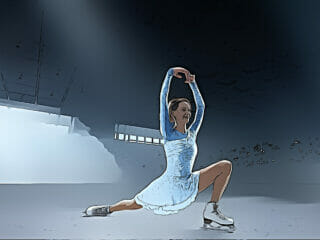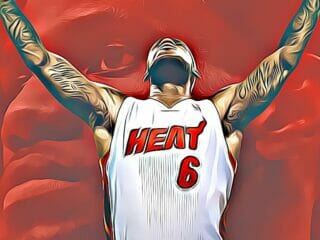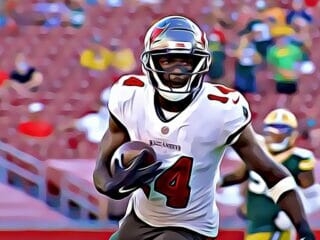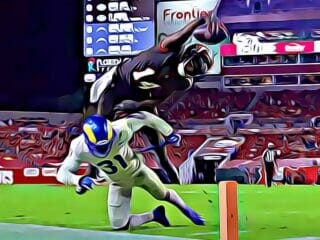
When Magic Johnson announced his retirement from the NBA in 1991, many people believed that the game of basketball would never be the same. And they were right. Johnson’s unique blend of size, speed, and court vision made him one of the most versatile players in NBA history. He was also one of the most popular players in the league, and his retirement was a major blow to the NBA.
But Magic Johnson’s impact on the game of basketball went far beyond his playing days. After retiring, he became one of the most successful businessmen in America, and he used his wealth and influence to promote basketball around the world. He also founded the Los Angeles Lakers Youth Foundation, which provides opportunities for underprivileged kids in the Los Angeles area.
Magic Johnson’s impact on the game of basketball has been profound and lasting. He is a true icon in the sport, and his legacy will be remembered for generations to come.
Magic Johnson was a Basketball Superstar
Before Magic Johnson entered the NBA, the game was dominated by big men like Kareem Abdul-Jabbar and Wilt Chamberlain. But when Magic Johnson joined the Lakers in 1979, he changed the game forever. He was the first point guard to have the size and strength to take on bigger players. He could also shoot from long range, making him a difficult player to guard.
Magic Johnson’s impact on the game was not only seen in his play on the court. He was also a major spokesperson for the NBA, helping to grow the sport around the world. He was also a major advocate for HIV awareness and prevention, after he announced in 1991 that he had been diagnosed with the virus.
His his legacy continues to be felt in the game of basketball. He was inducted into the Basketball Hall of Fame in 2002, and his number 32 was retired by the Lakers in 1996. In 2009, ESPN named him the greatest basketball player of all time.
How Magic Johnson Redefined the Point Guard Position
Johnson’s impact on the game was so great that the NBA created the “point forward” position, which is a player who handles the ball like a point guard but also plays as a forward. Many current NBA players, such as LeBron James and Kevin Durant, are playing this position. Johnson’s influence on the game of basketball is undeniable, and he will always be remembered as one of the greatest players in NBA history.
Magic Johnson Finals Record
12-5
Magic Johnson was one of the most dominant players in NBA Finals history. He led the Lakers to 12 championships, and was a five-time winner of the Finals MVP award. In fact, the only year that the Lakers didn’t win the championship while Magic Johnson was on the team was in 1991, his first season after announcing he had HIV.
What Made Him so Successful in the Finals And What Can Other Players Learn From Him
One of the things that made Magic Johnson so successful in the Finals was his ability to make his teammates better. He was a master of the “no look” pass, which is a pass where he looks in one direction, but throws the ball to a teammate in another direction. This type of pass can catch defenders off guard, and can result in an easy basket.
Other players can learn from Magic Johnson’s example by being unselfish and making the extra pass. When every player on the team is working together, it makes it difficult for the other team to stop them.
What it Means for the Lakers and the NBA
It is still too early to know what the Lakers and the NBA will be like without Magic Johnson. But one thing is for sure: Magic Johnson has left his mark on both organizations.
The Lakers will always be remembered as the team that he led to 12 championships. And the NBA will always be remembered as the league that Magic Johnson helped to grow into a global phenomenon.
Some of His Most Impressive Moments Are
- Winning the MVP award in both the regular season and the Finals in 1987
- Scoring a triple double in the Finals against Boston in 1984
- Being one of the most popular players in NBA history
- Being a major advocate for HIV awareness and prevention.
- Being inducted into the Basketball Hall of Fame in 2002.
- Having his number 32 retired by the Lakers in 1996.
- Being named the greatest basketball player of all time by ESPN in 2009.






